
eBook, ePUB
12. März 2012
Taylor & Francis eBooks
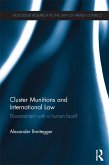
Broschiertes Buch
Disarmament With a Human Face?
12. April 2013
Routledge
Ähnliche Artikel
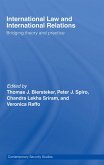
eBook, ePUB
19. Oktober 2006
Taylor & Francis eBooks

29,95 €
Sofort per Download lieferbar
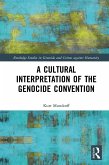
eBook, ePUB
25. August 2020
Taylor & Francis eBooks

eBook, ePUB
28. Januar 2015
Taylor & Francis eBooks
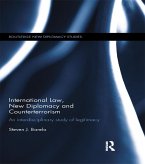
29,95 €
Sofort per Download lieferbar
eBook, ePUB
5. März 2014
Taylor & Francis eBooks
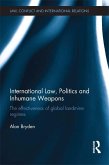
eBook, ePUB
10. September 2012
Taylor & Francis eBooks

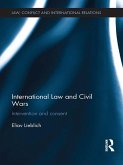

eBook, ePUB
8. April 2016
Taylor & Francis eBooks
Ähnlichkeitssuche: Fact®Finder von OMIKRON
